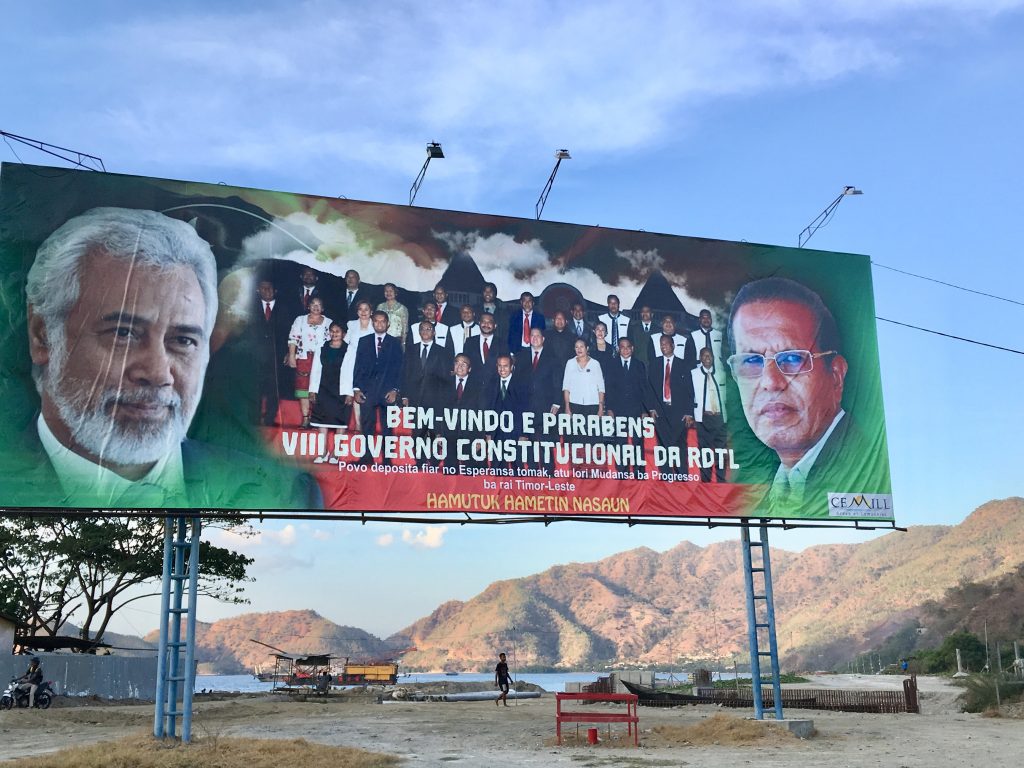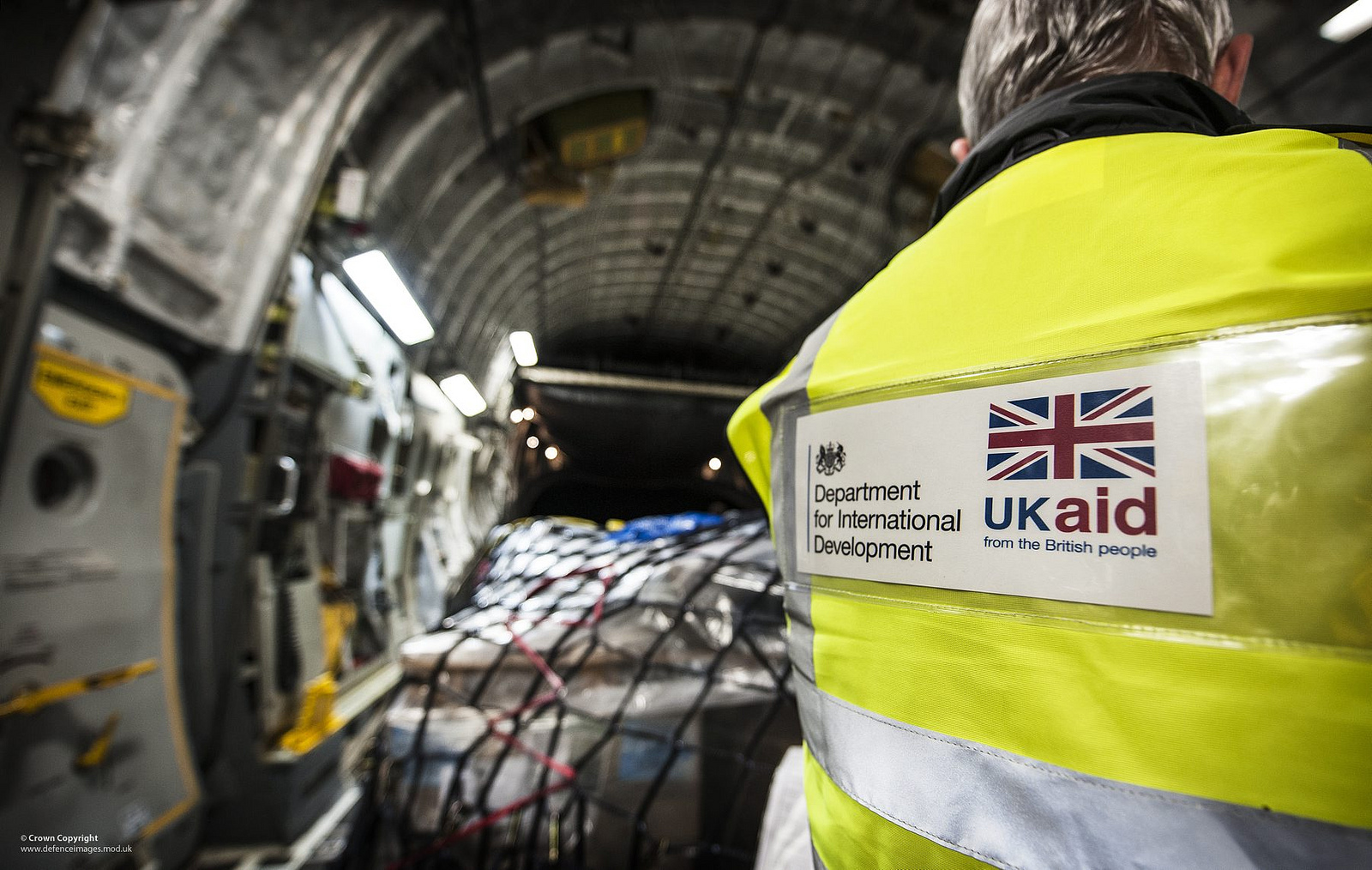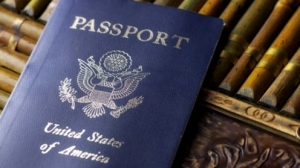By Sapna Reheem Shaila*

Eighteen years ago, Timor-Leste was on the tip of the tongue of every international law enthusiast along with Kosovo, when the UN set its transitional administration in the country. After Timor-Leste restored its independence, international partners, especially the UN, assisted the country in adopting new laws and institutions as part of the ‘state-building’ initiatives.[1]Similar to other ‘state-building’ exercises in transitional states, it also emphasised on institutional building, and introducing laws to establish a society based on rule of law. These initiatives funded by bilateral and multilateral aid donors often set out to create a secure environment, build a society that respect the rule of law and restore stability within the state.[2] There are already various indices that exist globally to measure and assess how far these rule of law reforms have been consolidated in transitional states.[3] Often these global indicators measure a society’s commitment to rule of law, by analysing the extent formal institutions or legal frameworks are adopted within the state .This approach of analysing the success of rule of law interventions is what this article problematizes. The article argues that such an approach fails to capture the local realities in assessing how institutions or the individuals within the institutions pursue the true ends of ‘law’. In this article, the author takes a position that in order to truly capture to what extent a transitional society has embraced the goals of its rule of law reforms, one needs to pose different questions. Questions like what legal frameworks or institutions have been adopted?; or whether the legal processes were followed within the state?; do not give a clear picture as to how ‘laws’ can be manipulated or used as a tool by powerful individuals[4] who want to pursue their interests. Rather one needs to probe further as to the contexts wherein decisions were made within the confines of the legal provisions. This approach is particularly required in societies where law and its legality are still fluid.
As any other transitional state which is rebuilding its institutions with the assistance of the international community, Timor-Leste also commits to the rule of law. There is an emphasis on separation of powers, and how the different organs of the state are to co-operate yet respect the independence of each institution. It follows with a comprehensive constitutional text that lays the foundation for the constitutional identity of the State. [5] The presence of the international community has guaranteed a way for legal ideas and terminologies in international conventions to percolate into the local legal structures. However, laws do not create the certainty that they propound. The structures of law that are adopted as part of state-building exercises within the country are extensively based on the socio-political structures in Western democracies. As a result, law as an instrument that is transplanted in transitional societies attempts to rearrange power structures and re-order hierarchies of institutions (and along with it individuals), often overlooking how power is already vested locally.
Using the recent example of the political (rather constitutional) impasse evidenced after the opposition of the President against the Change for Progress Alliance (AMP)[6] nominees for the cabinet, this article highlights the double edged narratives on law and its institutions within Timor-Leste. Similar to other transitional societies, Timor-Leste also has its ‘heroes’[7]- individuals who played a significant role within and outside the country during the resistance struggle between 1975 and 1999. Many of these high-profile resistance ‘heroes’ have taken top political positions within the country post-independence,[8] and their differences are often fought out politically. But the presence of the international community and civil society has ensured that any controversial decision, which is made politically is neatly placed within the confines of the law.[9] What is not captured within the text, is how the law can be construed and used in different ways to compete by the revered figures in the society. In this reality, there is no absolute right as prescribed by the law, but just varying positions that receive legitimacy before the eyes of the ordinary citizens, who will follow the version of law as dictated by their favourite leaders. This dichotomy of the law or the fluidity of legal norms indicate the perceived legality of the political actions and decisions within the country are achieved by tip-toeing the true essence of rule of law. And from the interviews with the local stakeholders this became apparent that the ends of the law is dependent on the individual espousing it -leading to varying explanations as to how the law is ‘applied, conceived and lived rather than as universal truths’. [10]

On 21st June,2018 President, Lu Olo opposed eleven names on the list of nominees submitted by the newly elected AMP coalition for its cabinet[11] on the grounds of corruption and pending legal action.[12] The President invoked his opposition under Art. 106 (2) and Art. 86 (h) of the Constitution stating that members’ with impending charges and investigations cannot take public office. The President’s letter was opposed by Mr. Xanana Gusmao[13] - one of the most revered political figures in the country and one of the significant faces of the AMP coalition. Gusmao questioned the constitutional validity of the President’s opposition, on the grounds that the President had arbitrarily exercised his powers.[14] He argued that the President’s reasons for opposing the names were weak under the law. Xanana highlighted that there were no pending investigations or cases against the opposed nominees, and those who were convicted for various charges had already served their punishment under the law. [15] Therefore , he observed this an injustice and abrogation to the principle of presumption of innocence and double jeopardy.[16] He made a televised statement, with an official letter from the District Court in Dili to substantiate his claims as to how there are no ongoing charges against the proposed members, as suggested by the President.[17] Recent political discussions by legal scholars within the country identify this as a legal impasse and have appealed for political resolution on the issue.[18] Ordinarily, when there is a constitutional question similar to this, it is resolved legally by the Constitutional court- in Timor’s case the jurisdiction lies with the Court of Appeal. But in the absence of a precedent, or clarity as to how the President’s power should be interpreted, this situation has been left with no legal solution.
It is true, any law student or practising lawyer will expound the importance of the principles to ensure that the innocence of an individual is not questioned until convicted by a court of law or to guarantee that no one is tried twice on the same fact. Gusmao’s discontents seem to stem primarily from the fact that the President did not exercise his opposition earlier when the VIIth Government led by FRETILIN’s Mari Alkatiri nominated individuals with questionable integrity. A sentiment resonated by many of his supporters as well.[19] This allegation on the President’s impartiality and legality of his action becomes even more problematic when he has a conflict of interest as the President of the opposition party FRETILIN, since 2001.[20] Earlier, questions were raised on the impartiality of the President when he did not dissolve the minority FRETLIN government for failing to pass their budget in the Parliament for 10 months after the 2017 elections.[21] Despite these allegations, the civil society organisations(CSOs) have supported the President heralding his move as inspiring, and guidance for the future.[22] Finally, they find someone who is ready to stand against corruption. This impasse between the two charismatic resistance leaders (three- depending on where one would place PM Taur Matan Ruak), highlights the concerns expressed by one of the interviewees in an earlier discussion-“until all the ‘ema boot’[23] are in power, there will be no rule of law within the country.” [24] In July, the Parliament had retaliated legally by rejecting the travel plans of the President to Portugal under Art. 95 3 (h) of the Constitution, until a settlement was made on the issue. Almost three months after the swearing in of the new government, no resolution has been found on the matter. Even though this is the case, the Prime Minister has been successful in presenting his budget on 30th August 2018, with 53 votes supporting the motion. The President has approved the budget on 7 September 2018[25] albeit with an incomplete cabinet-[26] the implications of which are highlighted by the CSOs.[27] For the government staff and the local citizens this comes as a relief as many of them expressed how the budget is the most crucial part and that they are not concerned about anything else.[28] It looks like the recent success with the budget will bury the discontents of the June decision, with no substantial discussions on how such constitutional impasse should be resolved for the future. As of now, it has established an “unclear” precedent at best, within the country, wherein the President can oppose nominations for the cabinet from the PM. In a young democracy like Timor-Leste, it is essential to debate and negotiate how constitutional provisions should be interpreted and powers should be divided so that the value of democracy is strengthened for years to come. But this concern has definitely taken a back seat. And this will also provide a precedent to make controversial political moves under the veil of legal provisions, which are vague and which assume legality without any substantive deliberations from the judicial institutions. Thus in a way resulting in a paradox of the rule of law paradigm of establishing societies where application of laws are predictable.
In Timor-Leste as these events indicate, the excess of executive or political power is exercised within the ambit of law, and its legality argued under the veil of legal provisions. In these situations where the law is vague, and its legality fluid – it’s final stance is often determined by those who wield power socially within the country. In order to shift this power, a re- evaluation of social norms of what is acceptable and unacceptable has to be carried out. Until then, it is essential that ‘contexts’ are read along with the actions undertaken which are otherwise legal, and conform to the legislative texts.
Sapna is a Ph. D researcher in Law at King’s College, University of London. Her research focuses on the role of international actors in strengthening judiciaries in transitional states. Sapna worked as a research assistant to Centre for Small States, Queen Mary University of London, as well as with Bingham Centre for Rule of Law in London. She completed her B.A/ LLB Hons. from NALSAR (India) and LLM in Law, Development and Governance from SOAS, University of London.
Notes:
*The author wishes to express her gratitude to Mr. Bertanizo Ghuro da Costa, her research assistant who helped immensely with translations during the interviews, as well as collecting information from popular media in Timor-Leste.
[1] There is an extensive literature on democratic state building that looks at the importance of building legal structures and laws to lay the foundation for democracy within a transitional state, see for instance [1] Office of Democracy and Governance- USAID ‘Guidance for Promoting Judicial Independence and Impartiality’ (2002) Washington; Legal Vice Presidency- World Bank, ‘Initiatives in Legal and Judicial Reform’ (2002), World Bank, Washington; Asian Development Bank, ‘Law and Policy Reform at the Asian Development Bank (2003) ADB, Philippines, .Timor- Leste’s initiatives on gaining assistance through UNDP for justice sector for instance dates back to 1999, see here http://www.tl.undp.org/content/timor_leste/en/home/governance.html is since the beginning, see
[2] Paris, Roland (2004), At Wars End: Building Peace After Civil Conflict. Cambridge: Cambridge University Press;
Connolly, William E. (2000), “The Liberal Image of the Nation,” in Ducan Ivison; Paul Patton; Will Sanders (eds.), Political Theory and the Rights of Indigenous Peoples. Cambridge: Cambridge University Press, 183-198
[3] See World Justice Project Rule of Law Index, here https://worldjusticeproject.org/our-work/wjp-rule-law-index/wjp-rule-law-index-2017%E2%80%932018; Fund for Peace- Fragile State Index here http://fundforpeace.org/fsi/- see indicator P3 (Justice).
[4] For more discussion, see academic scholarship on Critical Legal Studies, for a brief introduction see here https://cyber.harvard.edu/bridge/CriticalTheory/critical2.htm
[5] Art. 1, Art. 69, Art. 2. Constitution of the Democratic Republic of Timor- Leste, available here http://timor-leste.gov.tl/wp-content/uploads/2010/03/Constitution_RDTL_ENG.pdf
[6] AMP is the continuation of the coalition party formed by the three opposition parties CNRT, PLP and Khunto after the July elections in 2017 when FRETLIN formed a weak minority government. See details here https://thediplomat.com/2018/04/a-new-era-of-political-coalitions-in-timor-leste/.
[7] See a discussion on the Timor-Leste’s veterans here: Timor-Leste, Papua New Guinea and Pacific Islands Country Management Unit East Asia and Pacific Region, ‘ Defining Heroes: Key Lessons from the Creation of Veterans Policy in Timor-Leste’, September 30, 2008, available at http://siteresources.worldbank.org/INTTIMORLESTE/Resources/DefiningHeroes.pdf
[8] Timor-Leste presidential election: revolutionary hero v new generation https://www.theguardian.com/world/2017/mar/20/timor-leste-presidential-election-revolutionary-hero-v-a-new-generation
[9] Within the legal literature, there is a distinction that is made between Rule of Law and Rule by law. The latter representing how law and legal structures are used to create a legality.
[10] For a more detailed discussion see Nelken, David ‘Using the concept of legal culture’, available at https://www.law.berkeley.edu/files/Nelken_-_Using_the_Concept_of_Legal_Culture.pdf
[11] Michael Sainsbury and Jose Belo, ‘ Turmoil for new Timor-leste PM as 11 ministerial nominations nixed’, available at https://www.ucanews.com/news/turmoil-for-new-timor-leste-pm-as-11-ministerial-nominations-nixed/82638
[12] Names of 11 cabinet nominees were initially opposed and at the time of writing this piece in August, this was reduced to 9.
[13] Xanana is often referred as ‘Maun Boot’ ( colloquially meaning Big brother) by the locals. He is often mentioned as the Father of the nation, for leading the armed resistance group against the Indonesians especially after the death of Nicolau Lobato. See details about his activities here https://www.xananagusmao.org/#raising
[14] A sentiment expressed by Ms. Carmelita Moniz in her interview with GMN on https://www.youtube.com/watch?v=6I8VrmsyIpY&t=2206s on 27 August 2018.
[15] Letter by Xanana Gusmao to the Prime Minister Taur Matan Ruak on 22 June 2018 (Portuguese), in file with the author.
[16] Ibid.
[17] See GMN discussion with Xanana Gusmao here https://www.youtube.com/watch?v=oRs7fEGxLPU on 12 July 2018.
[18] Interview with local lawyer Manuel Tilman with GMN on 12 July 2018, see here https://www.youtube.com/watch?v=K7xqpitAo0Y; Discussion with Carmelita Moniz and Dr. Aniceto Guterres in GMN, available at https://www.youtube.com/watch?v=6I8VrmsyIpY
[19] Interview with local citizen on 27th June; interview with a civil society representative 10th July, 2018.
[20] Informal conversation with local citizens on 26th June, 2018, 4th July 2018, 9th July 2018.See Michael Leach’s post to understand how the two major political parties are surviving to keep up their interests- ‘ A First Test for Timor-Leste’s Cohabitants’, available here https://insidestory.org.au/a-first-test-for-timor-lestes-cohabitants/
[21] Jose Sarito Amaral, ‘ Xanana Calls for Lu Olo to End Fretlin Influence’, 18th May 2018, Available at https://www.independente.tl/en/national/xanana-calls-for-lu-olo-to-end-fretilin-influence
[22] Meeting with CSO participant working on Anti- Corruption on 18th July, 2018; GMN Diario Nacional, ‘MERSAK encourages Lu Olo to keep his decision’, July 6, 2018; Interview with Joao Boavida on RTTL , available on https://www.youtube.com/watch?v=98krp_AMGc8 ( Tetun) on 1st June 2018.
[23] Tetum word for respect, which literally translates to ‘big people’ and here indicative of the political leaders who were active during the resistance period and who play a significant role in the daily politics within the country.
[24] Interview with CSO Participant working on Justice Sector on 09 April, 2018.
[25] See a detailed discussion on the recently passed budget here, http://www.laohamutuk.org/econ/OGE17/16OGE17.htm#OGE2018
[26] Including key positions like Minister of Finance and Minister of Health are vacant.
[27] https://suara-timor-lorosae.com/governu-lakompletu-implika-ba-ezekusaun-oje/
[28] Interview with a staff member at Legal Training Centre 24 April 2018; Interview with staff member from Ministry of Justice 25 April 2018, interview with local citizen on 9th July 2019.Meeting with civil society member 10th July, 2018, informal discussions with local citizens on 23th July, 3rd August 2018.
Image Source: The pictures used in this article were taken by the author and provided to Strife Blog.

